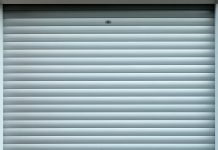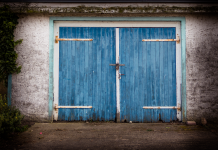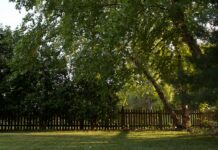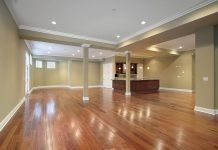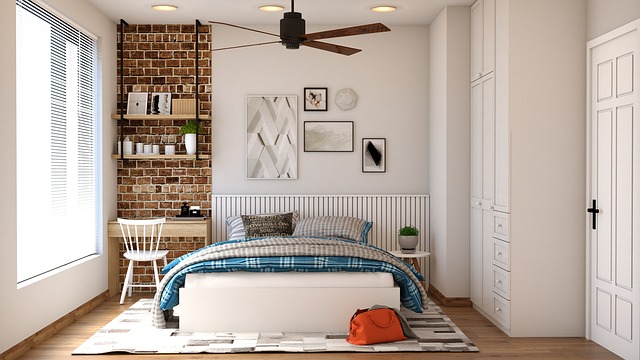Are you one of the 70 million Americans who suffers from chronic sleep problems? If so, you already know how detrimental not getting enough sleep is to your mental health, energy levels and overall well-being. You’re probably also well aware that it’s associated with poor quality of life, decreased work productivity and chronic illness.
If you’re longing for a good night’s sleep and wish you could fall asleep faster, don’t reach for a bottle of over-the-counter or prescription sleeping pills that could cause a variety of unpleasant side effects. While they don’t work for everyone, there are plenty of other ways to fall asleep faster and enjoy more restful sleep. Contact your physician if poor sleep quality is having a severe impact on your life. Otherwise, check out these unique ways to fall asleep quicker.
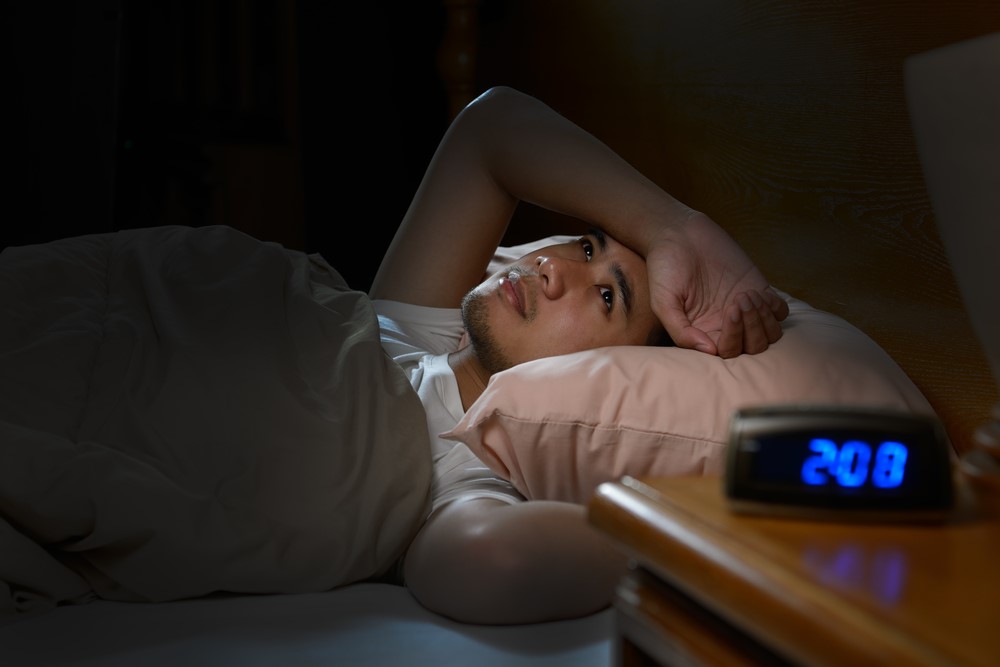
#1. Replace Your Mattress
No mattress is made to last forever, so if you’ve had yours for more than 7 to 10 years, it could be affecting your ability to fall asleep. If you bought the cheapest mattress you could find, it might not be as comfortable as you’d prefer, or it could wear out in less than seven years. Upgrade to a Nectar mattress, and you will likely fall asleep faster the very first night in your new bed. Adding comfy bedding helps too.
Consider replacing your bed in addition to your mattress. Adjustable beds aren’t just for hospitals and seniors anymore. They’ve made their way into the bedrooms of people of all ages, and they can make it much easier to fall asleep. These beds are especially ideal for those who have a hard time going to sleep because of pain or discomfort. Adjustable beds help you stay asleep, as well. Some models even have built-in snore detectors and adjust automatically to prevent you from waking up or experiencing poor sleep.
#2. Lower the Thermostat
Think your bedroom needs to be warm and toasty? Think again! Turning the thermostat down a few degrees could make falling asleep significantly easier. When you lie down, your body temperature decreases. If the ambient temperature in your room is too warm, it could prevent you from falling asleep as your body temperature drops. Setting the thermostat between 60 and 67° Fahrenheit should help you get to sleep faster. Experiment with different temperatures to find the one that works best for you.
#3. Keep Electronic Devices Out of Your Bedroom
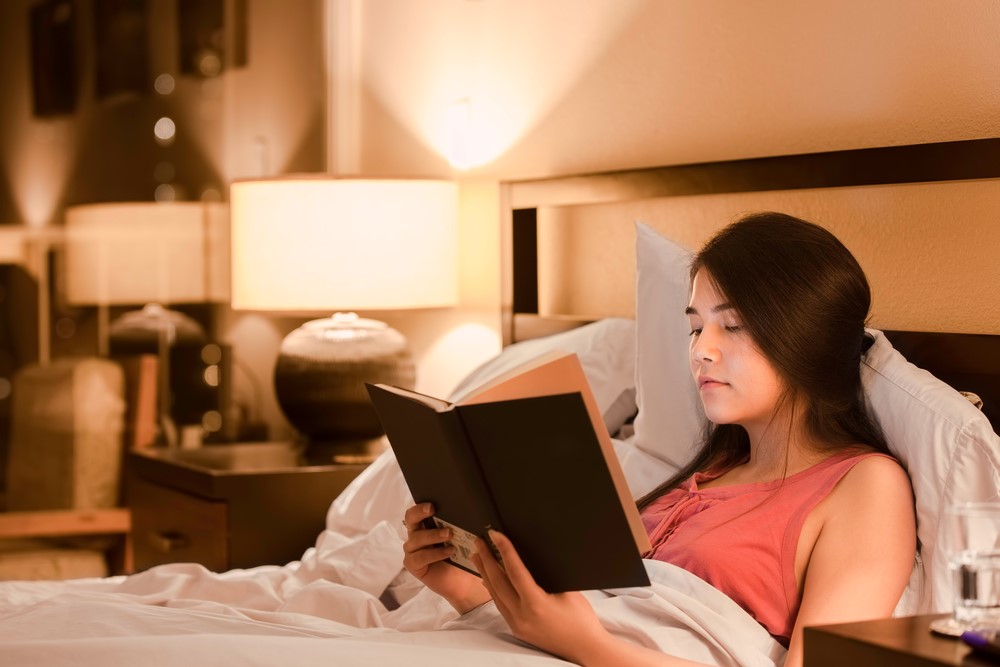
Do you scroll through social media or surf the web on your phone or laptop before bed? If so, that might be why you’re struggling to fall asleep in a timely manner. Staring at a screen exposes you to blue light, which is similar to sunlight. It’s great when you need some help waking up in the morning. But in the evening, it can throw off your circadian rhythm (your internal clock) and leave you tossing and turning all night instead of enjoying restful sleep. Depending on what you look at, staring at your phone or another device can also ramp up your anxiety, making it harder to get some much-needed rest.
It’s tough, but try to avoid looking at your phone, tablet, laptop, television or any other screen an hour before bed. Remove as much tech from your bedroom as you can to reduce temptation. If you need to keep your phone in your bedroom at night, put it on the other side of the room — not within arm’s reach of your bed. Try reading a book or listening to a calming podcast if you need help unwinding in the evening.
#4. Try the Military Method
Whether at home or abroad, falling asleep quickly is essential for military personnel. The military method of getting to sleep fast focuses on mental visualization, breathing and muscle relaxation and has proven effective for countless people.
To try it for yourself, start by lying down on your bed and closing your eyes. Then, squeeze the muscles in your face as tightly as you can. Breathe deeply as you relax the muscles. Repeat the process of tensing and releasing your muscles all the way down your body, focusing on one area at a time. By the time you reach your feet, you should feel calm and relaxed. If not, start at the top and work your way down again.
Once you’re relaxed, clear your mind. Continue taking slow, deep breaths and envision a peaceful scenario. You might imagine yourself soaking up the sun on a quiet beach or floating on calm water. Choose a scenario that you would find relaxing. There’s no wrong option.
If this doesn’t help you drift off to sleep, mentally repeat “don’t think” over and over for about 10 seconds, then try picturing the scene again. The more you practice, the better this method will work. It takes most people a while to learn how to clear their minds, so don’t feel bad if you don’t get the hang of it immediately. Keep trying, and this technique should eventually help you fall asleep quickly.
#5. Turn Off Your Clock
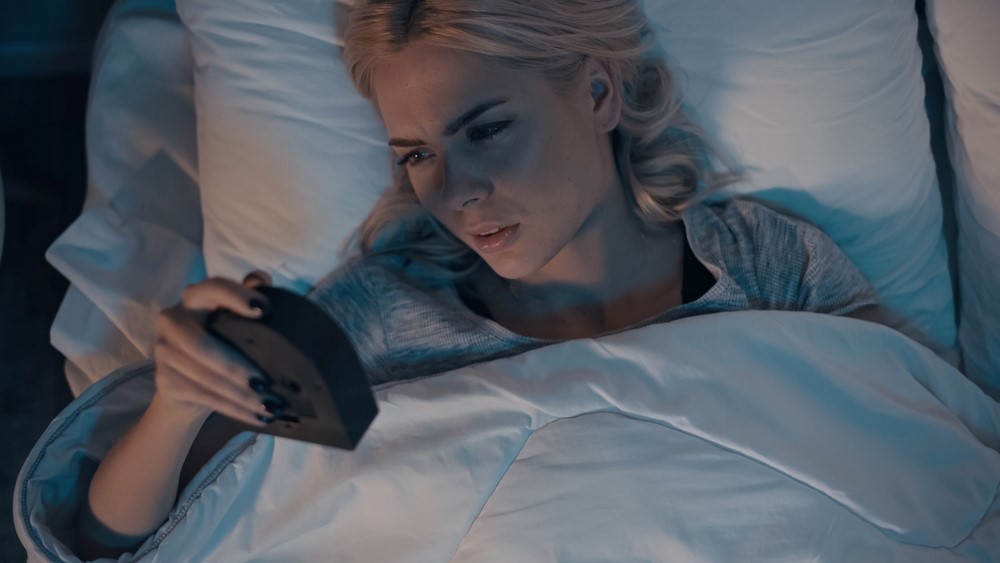
Checking the clock every five minutes when you’re having trouble falling asleep won’t help you get to sleep faster. Instead, it will likely increase your sleep anxiety and make it all but impossible to get the rest you need. Turn the clock off, or turn it around so you can’t see it at night.
#6. Try a Sound Machine
Playing relaxing sounds through a sound machine can help even the most restless sleepers settle in and get to sleep faster. These sleep accessories play a variety of soothing sounds, including white, pink and brown noise; rain; calming instrumental music and more. The sounds help drown out traffic and noisy neighbors but won’t distract you from sleep like a television or radio might.
Conclusion
Falling asleep every night as soon as your head hits the pillow would be great. Unfortunately, very few people can do this. It takes time to unwind, so try not to be frustrated if it takes you a while to fall asleep. With the strategies above, you should be able to start falling asleep quicker and experiencing more restorative sleep. If not, consider speaking with your doctor.


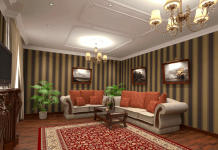

![CREATING A COZY SHE SHED [INFOGRAPHIC] Home Renovation blog](https://www.homedecoratingtrends.com/wp-content/uploads/2019/03/interior-3433005_1280-1-218x150.jpg)




